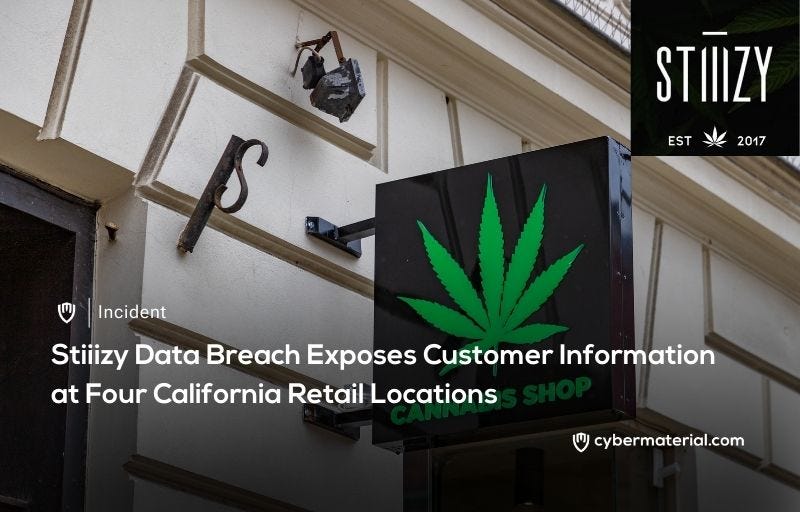
Stiiizy, a Los Angeles-based cannabis operator, revealed this week that a cybercrime group gained access to sensitive customer information due to a security breach at its point-of-sale vendor between…

Stiiizy, a Los Angeles-based cannabis operator, revealed this week that a cybercrime group gained access to sensitive customer information due to a security breach at its point-of-sale vendor between…